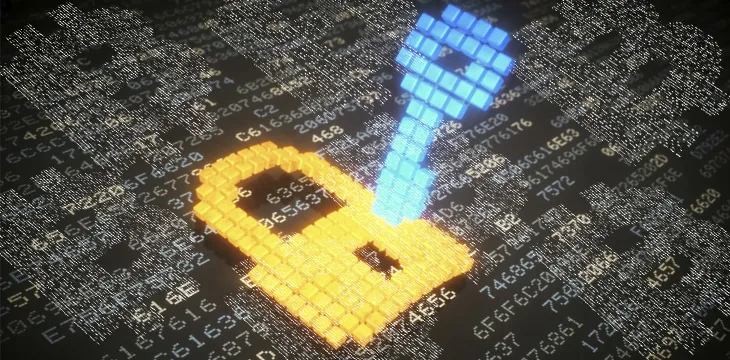|
Getting your Trinity Audio player ready...
|
Coinbase (NASDAQ: COIN) announced over Twitter that their engineering team has begun the final testing phase of SegWit for legacy Bitcoin (BTC) on their platform. Users in the exchange will be able to use sends/receives compatible with the feature once it activates within the first quarter of 2018.
Segregated Witness (SegWit) is soft fork implemented in August 2017 after an intense debate on scalability. It sought to bring down the size of data consumed by transactions within the BTC network, in a bid to ease the worsening mempool congestion at the time.
SegWit is a separate structure off the propagating chain which only contains signatures and scripts for signing the transactions. The implementation was meant to mitigate the issues caused by the BTC network’s 1MB block size limit. Instead of scaling the block size, the Bitcoin Core development team instead exposed user’s signatures to an off-chain solution in order to provide transaction malleability.
Coinbase has shown resilience to unsecure, off-chain solutions like SegWit, instead prioritizing the stability of its platform. Dan Romero, vice president and general manager at Coinbase, said in a blog post that their company prioritized “securely storing customer funds” while simultaneously ensuring “that our platform remains performant during periods of peak volume.”
Despite a number of BTC users requesting the feature, the engineering and development teams behind Coinbase hesitated implementing the consensus layer, citing “significant planning and consideration for the security and stability of our platform” as a reason.The recent announcement by credit card companies Visa and MasterCard that they will be placing an additional 5% processing fee for cryptocurrency transactions will result inBTC users shouldering more fees on top of the 4% that Coinbase already charges for credit card payments.
With the recent crash of BTC values reaching record lows, the announcement by Coinbase comes late, given how BTC competitors like Litecoin, Vertcoin, and DigiByte have already been implementing the feature since 2017. The decision to finally implement it on the exchange within the year may have been influenced by a petition made in January, with at least 12,000 BTC users signing to force the company to upgrade.
Many in the legacy Bitcoin community have transferred or diversified their investments to better-performing cryptocurrencies like Bitcoin Cash which does not need an unsecure off-chain solution like SegWit, or a centralized second-layer solution like the Lightning Network to facilitate a seamless user experience.
Today, the BTC network exists as a settlement layer, with its cryptocurrency now considered a digital asset instead of a practical, usable fund. The Bitcoin Cash network continues the vision of the Satoshi Nakamoto white paper with almost-instant transactions supported by reliable confirmations at negligible fees. These features are opening the way to a future of unrestricted growth, global adoption, permission less innovation, and decentralized development working towards the empowerment of ordinary people through technological disruption.

 09-15-2025
09-15-2025 





